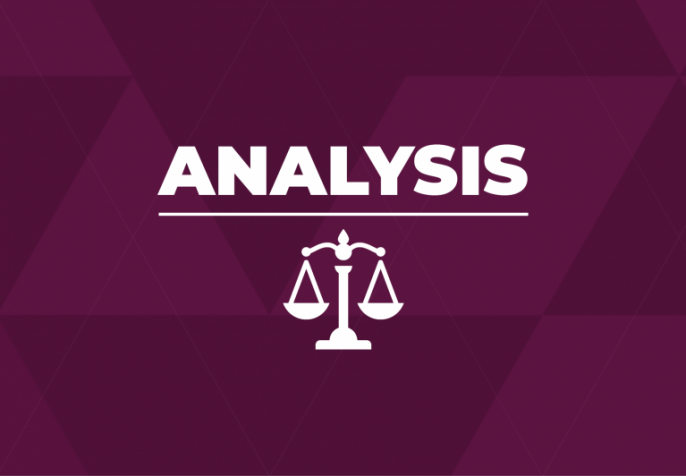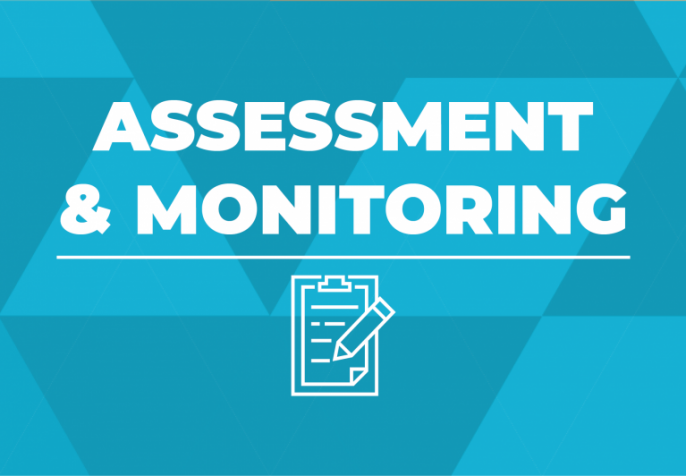The right to freedom of association enables individuals to come together to pursue shared interests and achieve common goals – to act collectively to improve their lives. It protects registered and unregistered groups alike, including civil society organizations, cooperatives, religious associations, political parties, trade unions, and online associations. Whether they seek to form a large advocacy organization or an informal group for hobby enthusiasts, individuals exercise this right by forming groups.
The laws governing associations and other groups should enable, rather than impede, freedom of association. Through engagement with local organizations, governments, and the international community, ICNL promotes this right and helps build environments in which people can collaborate to improve their lives.

